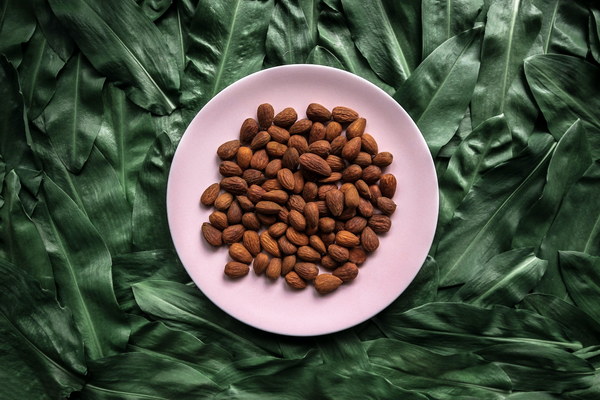The Lung-Cleansing Power of Mulberry Leaves A Natural Remedy for Dryness and Irritation
In the realm of traditional Chinese medicine, mulberry leaves, or Sangye, have long been revered for their health benefits. Among these, one of the most notable is their ability to clear the lungs and alleviate dryness, a quality that makes them a natural remedy for respiratory issues. Let's delve into the properties of mulberry leaves and explore how they can help maintain respiratory health.
Understanding Mulberry Leaves (Sangye)
Mulberry leaves are derived from the Morus alba tree, a species commonly found in Asia. In Chinese medicine, mulberry leaves are considered to be cooling and slightly sweet in taste, with properties that align closely with their ability to nourish the lungs and relieve dryness.
How Mulberry Leaves Clear the Lungs and Relieve Dryness
The lungs are an essential organ in the respiratory system, responsible for oxygenating the blood and expelling carbon dioxide. When the lungs become dry or inflamed, symptoms such as cough, sore throat, and shortness of breath can occur. Mulberry leaves address these issues in several ways:
1. Moisturizing the Lungs: Mulberry leaves contain saponins, which have been shown to help moisten the lungs and reduce dryness. This is particularly beneficial for those suffering from dry coughs, bronchitis, or other respiratory conditions that result from dryness.
2. Anti-Inflammatory Properties: The leaves have natural anti-inflammatory properties that can help reduce lung inflammation, thus alleviating symptoms of respiratory diseases.
3. Detoxification: Mulberry leaves are believed to have detoxifying properties that can help rid the body of impurities, including those that may contribute to respiratory issues.

Traditional Uses of Mulberry Leaves
Historically, mulberry leaves have been used in a variety of ways to support respiratory health:
- Tea: The most common form of mulberry leaf consumption is as a tea. Boiling the leaves in water creates a soothing beverage that can be enjoyed hot or cold.
- Herbal Formulas: Mulberry leaves are often included in herbal formulas designed to address respiratory problems. These formulas may also contain other herbs that complement the properties of mulberry leaves.
- Cooking: In some regions, mulberry leaves are used as a cooking ingredient, adding a unique flavor to dishes and potentially benefiting respiratory health through culinary means.
Modern Research and Scientific backing
While traditional uses of mulberry leaves have been well-documented, modern scientific research is also exploring their potential benefits. Studies have shown that the leaves contain a variety of bioactive compounds, including flavonoids, polyphenols, and tannins, which may contribute to their health-promoting effects.
For example, research suggests that mulberry leaves may help to:
- Reduce oxidative stress: The polyphenols in mulberry leaves have antioxidant properties that can help combat oxidative stress in the lungs.
- Improve lung function: Some studies indicate that mulberry leaves may have a positive impact on lung function, potentially benefiting individuals with chronic respiratory diseases.
How to Incorporate Mulberry Leaves into Your Routine
If you're interested in incorporating mulberry leaves into your wellness routine, here are a few suggestions:
- Prepare Mulberry Leaf Tea: Brew a cup of mulberry leaf tea by steeping 1-2 teaspoons of dried leaves in hot water for 3-5 minutes. Strain and enjoy.
- Buy Mulberry Leaf Supplements: Look for mulberry leaf supplements in the form of capsules or powders. Consult with a healthcare professional before starting any new supplement regimen.
- Use Mulberry Leaves in Recipes: Add mulberry leaves to your cooking for a unique twist. They can be used as a wrap for meats or added to soups and stews.
Conclusion
Mulberry leaves, with their cooling and moisturizing properties, offer a natural and traditional approach to supporting respiratory health. Whether consumed as tea, included in herbal formulas, or used in culinary dishes, these leaves may provide relief from dryness and irritation in the lungs. While further research is needed to fully understand the extent of their benefits, the potential of mulberry leaves as a natural remedy for respiratory issues is promising.









